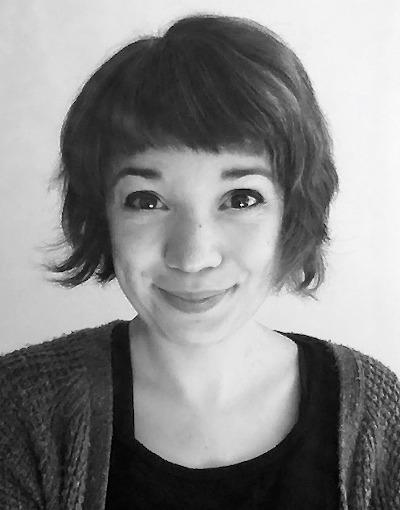Combining Design-Based Research & The Model Of Educational Reconstruction In Astronomy Education
TalkGravitational waves, black hole shadows and exoplanets: Can we make a place for cutting-edge results in schools?
4th Shaw-IAU Workshop
Tuesday Nov. 15, 2022
UTC: 9 a.m. - 9:25 a.m. America/New_York: 4 a.m.- 4:25 a.m.
Wednesday Nov. 16, 2022
UTC: 8 p.m. - 8:25 p.m. America/New_York: 3 p.m.- 3:25 p.m.
How can we make a place for cutting-edge astronomy research in schools? Which methods ensure that our instructional activities work in diverse educational contexts and become relevant to students? While cutting-edge topics such as gravitational waves, black hole shadows, and exoplanets have great potential to motivate students, the novelty of these topics poses challenges for teachers and instructors. This talk will present a robust educational framework, the Model of Educational Reconstruction. I will argue that we can combine this framework with design-based research methods to develop instructional resources that engage students and successfully convey the subject matter. Case studies in general relativity education will illustrate the efficacy of this approach in astronomy education
About Magdalena Kersting
Magdalena is an assistant professor of science education at the Department of Science Education at the University of Copenhagen. She received the International Astronomical Union PhD Prize for her educational reconstruction of general relativity, and she is the main editor of Teaching Einsteinian Physics in Schools. In her research, Magdalena studies how learners understand and experience abstract knowledge in physical and virtual environments in formal and informal learning spaces.
Watch a recording of this talk (external link)





